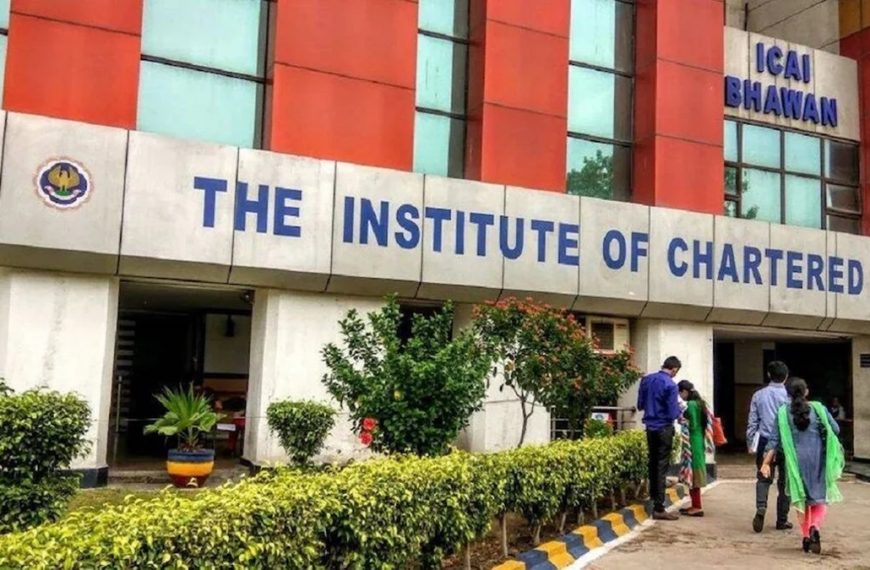As the new financial year kicks off on April 1, IT companies are wrapping up their performance evaluations, revealing insights into expected salary increases. A recent survey conducted by Deloitte India for its Talent Outlook 2025 indicates a shift in compensation strategies, with 75% of participating firms planning to either freeze salaries or maintain the same pay hikes as last year. This year’s projected salary increase is 8.8%, a decline from the 9% observed in the previous year, reflecting a growing emphasis on cost optimization.
Salary Trends and Promotion Insights
In total, 500 organizations took part in this survey, and a significant one-third anticipate lower promotion rates compared to the previous year. According to the report, the percentage of employees slated for promotions is expected to hold steady at 12%. Furthermore, most companies are not planning to enhance promotion-linked pay increases relative to 2024, indicating a cautious approach to salary adjustments.
Retaining Top Talent
Despite the constraints on salary growth, firms are still focused on retaining their top talent. High performers can look forward to a 1.7 times higher salary increment compared to their average peers, although this increase is slightly less than in previous years. In addition, individual contributors and junior management personnel are projected to receive a 1.3 times higher increment than those in top management roles.
The Need for Upskilling
In today’s competitive landscape, it’s crucial for employees to continually upskill and reskill. Organizations are encouraged to adopt a systematic, data-driven approach to workforce development, utilizing a common skills framework to identify talent gaps effectively. The report notes that some companies are accelerating their adoption of AI in learning initiatives, particularly in areas like skill-gap analysis and content curation.
Gaps in Competency Frameworks
Alarmingly, about 50% of the participating companies admitted to lacking a structured competency framework or failing to update it regularly. This deficiency presents challenges in aligning business priorities with training needs, assessing skill gaps, and measuring the effectiveness of learning initiatives.
Attrition Rates and Hiring Outlook
In 2024, the attrition rate was reported at a moderate 17.4%, a critical metric for HR departments tracking employee retention. Despite these challenges, the Deloitte report reveals a positive hiring outlook, with nearly 80% of companies planning to increase their workforce in the upcoming financial year.
Prakhar Tripathi, a Partner at Deloitte India, commented, “Amidst muted revenue growth, compensation budgets are under pressure. However, controlled attrition and moderate inflation allow companies to optimize pay increases without jeopardizing talent retention.”
Leveraging Technology in HR Strategies
Beyond upskilling and compensation strategies, the integration of technology into HR processes is enhancing data-driven decision-making. Many organizations are employing data analytics to manage human capital effectively across multiple domains, including compensation management and workforce productivity. However, challenges persist, such as the integration of various HR systems and the costs associated with HRMS maintenance, which can impede productivity improvements.
“As we move forward, we anticipate that performance and talent differentiation will remain central to HR strategies, regardless of external pressures,” Prakhar concluded.
By focusing on these areas, IT companies can navigate the evolving landscape while ensuring they retain and develop the talent necessary for future success.











